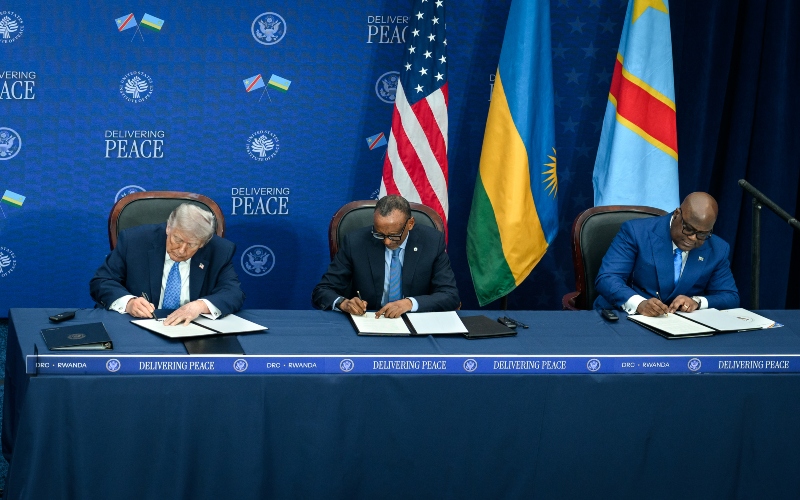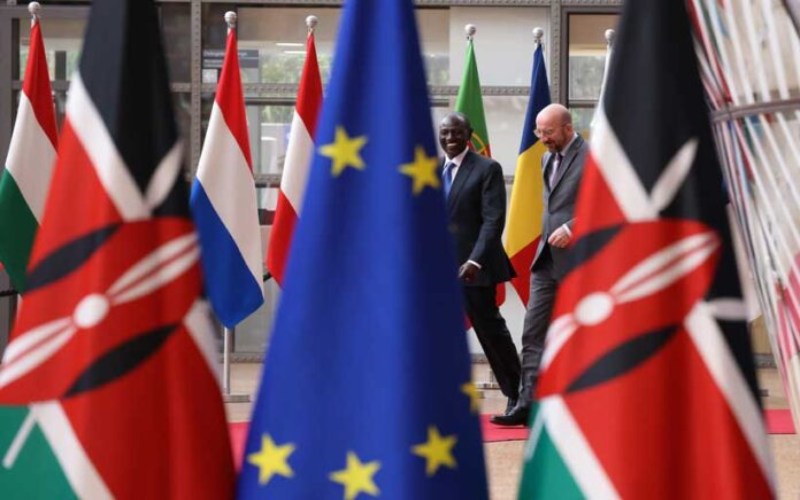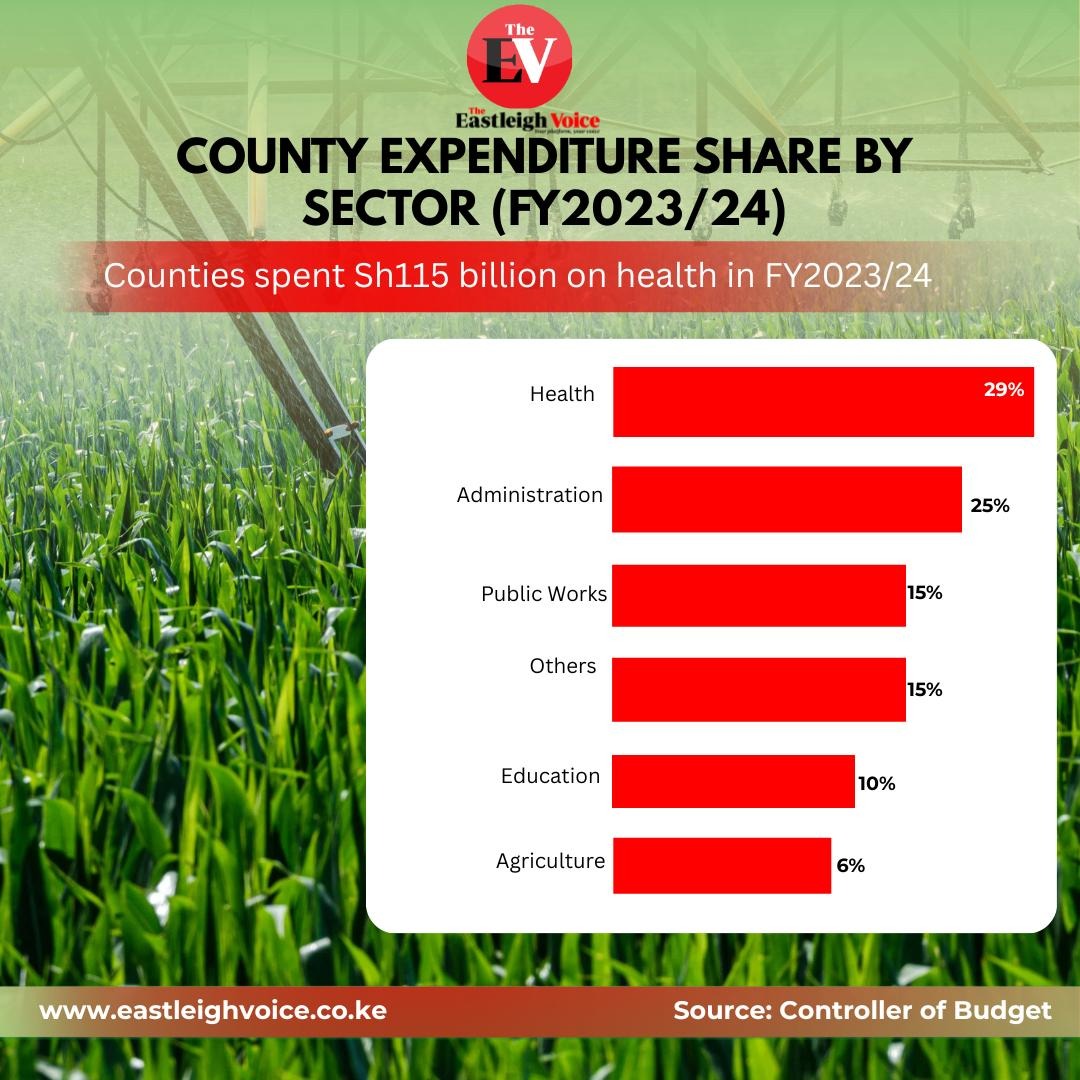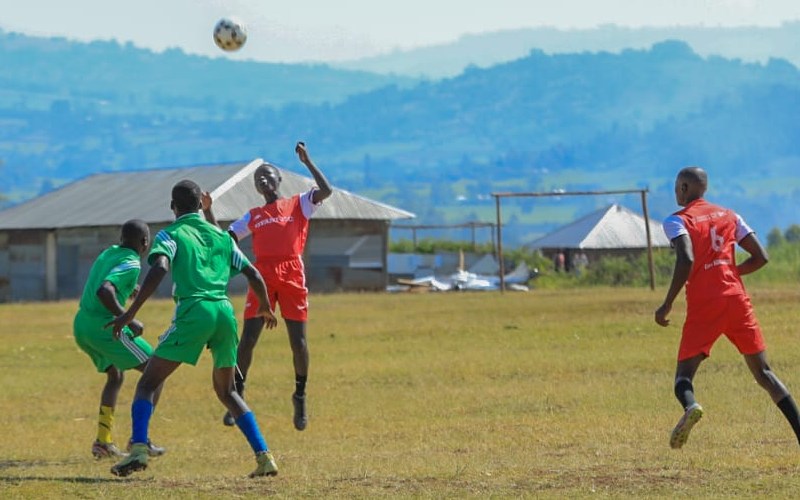Lamu's Mokowe Town to benefit from Sh400 million facelift
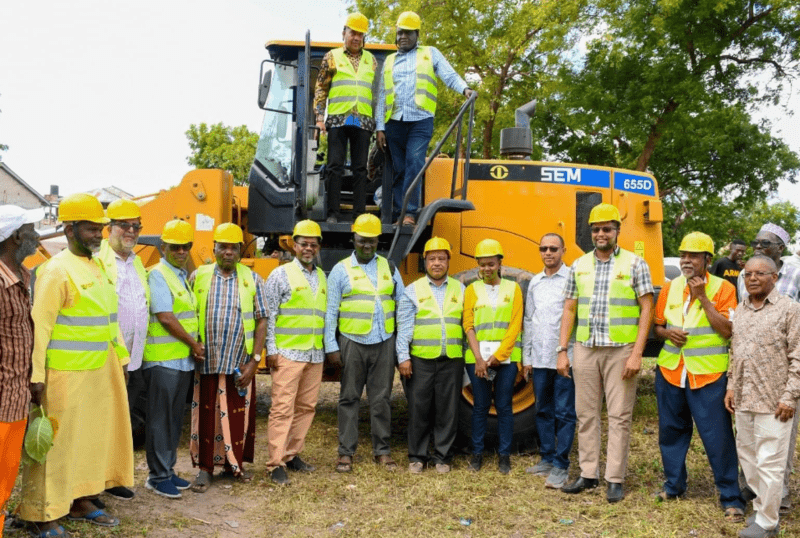
Governor Timamy, who was accompanied by several county executive committee members and chief officers, emphasised the project's potential to boost the economic status of Mokowe residents.
The County Government of Lamu, in partnership with the World Bank, on Tuesday unveiled the second phase of the Kenya Informal Settlement Improvement Project (KISIP), aimed at enhancing the status of Mokowe town.
Speaking during the launch in Mokowe town, Hindi Ward, Lamu Governor Issa Timamy announced that the Sh400 million facelift project will include the paving of footpaths with cabro, improvement of water supply, installation of high-mast lighting towers, and enhancement of the drainage system.
More To Read
- Hope rises in Thika’s Kiandutu slum as long-neglected community sees historic transformation
- Kiunga residents in Lamu raise concerns over weapon testing near homes
- Muslim ritual meets Swahili culture at Kenya’s unique annual Maulidi festival
- Lamu fishermen laud establishement of new cold storage facility in Kiwayu
- Lamu’s King Fahd Hospital makes history with first laparoscopic kidney cancer surgery
- Lamu County unveils refugee peacebuilding programme in Kiunga
The governor stated that the project targets six selected informal settlements in Mokowe, Witu, Kiunga, Wiyoni, Faza, and Matondoni areas.
Governor Timamy, who was accompanied by several county executive committee members and chief officers, emphasised the project's potential to boost the economic status of Mokowe residents.
"The cabro roads will enhance business activities and address the challenges faced in these informal settlements. Poor living conditions impede people’s efforts in wealth creation," he said.
The first phase of the Kenya Informal Settlement Improvement Project (KISIP) was initiated by the Kenyan government in 2011, with support from development partners, to improve access to basic services and tenure security for residents in participating urban informal settlements and to strengthen institutional capacity for slum upgrading in 14 selected counties.
According to the State Housing Department, which coordinates the implementation of KISIP, the second phase of the project will build on the successes and lessons learned from KISIP I, while also introducing new interventions to maximize its overall impact.
Other Topics To Read
Top Stories Today
